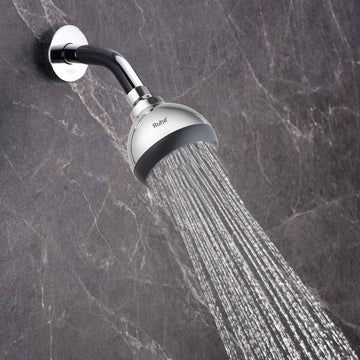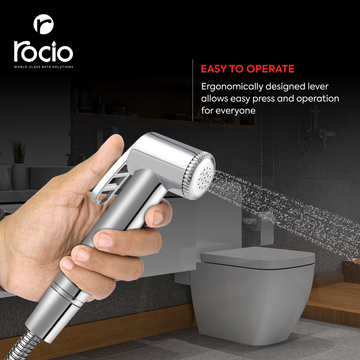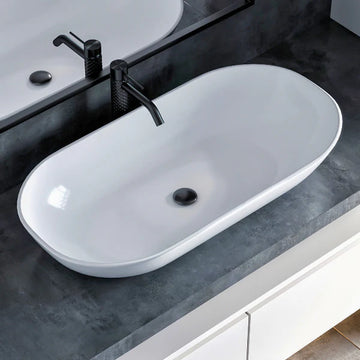
Original Equipment Manufacturer (OEM)?
An Original Equipment Manufacturer (OEM) is a company that produces parts or components used in another company’s final products. In simple terms, OEMs supply the building blocks that other businesses, known as Value-Added Resellers (VARs), integrate into their finished offerings. OEMs often tailor their components to meet the specific requirements of VARs, fostering close collaboration between the two.
Key Takeaways:
- An OEM supplies parts or components that become part of another company’s final product.
- These products are typically sold to VARs, who then add value and sell the complete product to end users.
- OEMs primarily operate in business-to-business (B2B) markets, while VARs focus on selling to consumers or other businesses.
- OEM components may compete with aftermarket or generic replacement parts.
- OEMs differ from Original Design Manufacturers (ODMs), which create and customize entire products for resale under another brand.
Featured collection






How VARs and OEMs Work Together
A Value Added Reseller (VAR) is a company that purchases products or components from an Original Equipment Manufacturer (OEM) and enhances them before selling to the end customer. Unlike a standard reseller, a VAR adds measurable value—such as customization, integration, or additional services—that improves the original offering.
For example, a custom PC builder functions as a VAR by sourcing individual components from OEMs like Intel, Nvidia, Asus, Samsung, and Corsair. They assemble these parts, install operating systems and software, and deliver a fully customized machine tailored to the buyer's needs.
Similarly, a car dealership can be seen as a VAR. While they acquire vehicles directly from automakers, they often bundle them with added features and services—such as extended warranties, insurance, financing options, or aftermarket entertainment systems—before offering them to customers.
VARs play a key role in the supply chain by serving as effective marketing and distribution partners for OEMs. This allows manufacturers to concentrate on their core strengths, such as innovation, product development, and manufacturing.
Quick Link Updated
What is an Original Equipment Manufacturer (OEM)?
An OEM is a company that produces parts or equipment that are used in another company's end product. These parts are often branded and sold by the company that assembles and markets the final product.
How is an OEM different from an aftermarket manufacturer?
OEM parts are made by the original manufacturer and match the original specifications exactly. Aftermarket manufacturers produce replacement parts, which may differ slightly in design or quality.
Are OEM parts better than aftermarket parts?
Generally, OEM parts are considered more reliable because they are made to the original specifications. However, some aftermarket parts can offer comparable quality at a lower price.
Why do companies choose to partner with OEMs?
Companies collaborate with OEMs to ensure quality, consistency, and compatibility in their products without having to build every component in-house.
Do OEMs only make automotive parts?
No, OEMs exist across many industries, including electronics, aerospace, medical devices, and industrial equipment.
Can consumers buy directly from OEMs?
In most cases, OEMs sell their products to other businesses rather than directly to consumers. However, some OEMs do offer parts directly through authorized retailers or service providers.
How do OEM relationships impact branding?
OEM parts are often unbranded or branded under the final product maker’s name, helping maintain a consistent brand image for the finished product.


